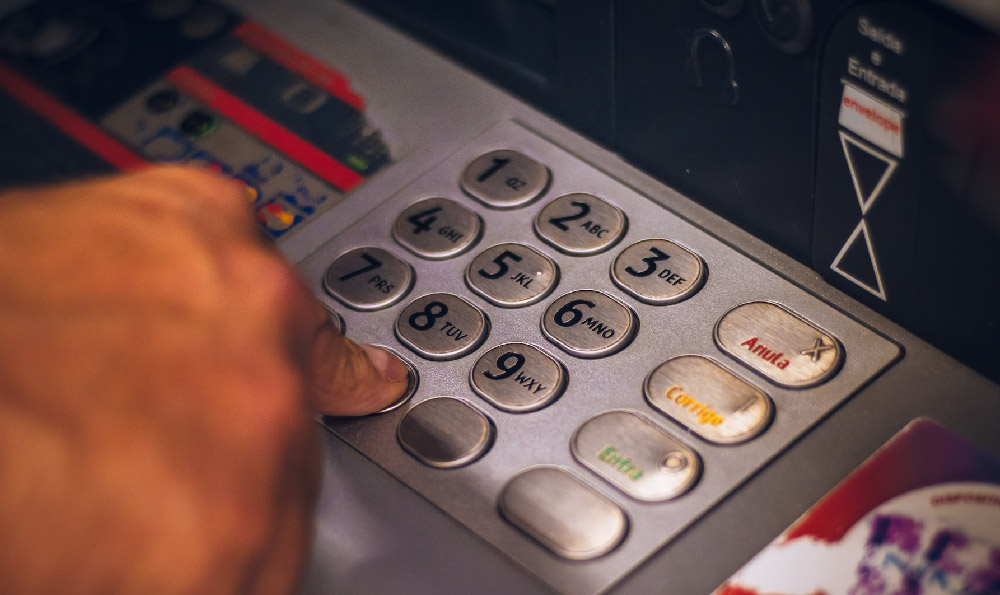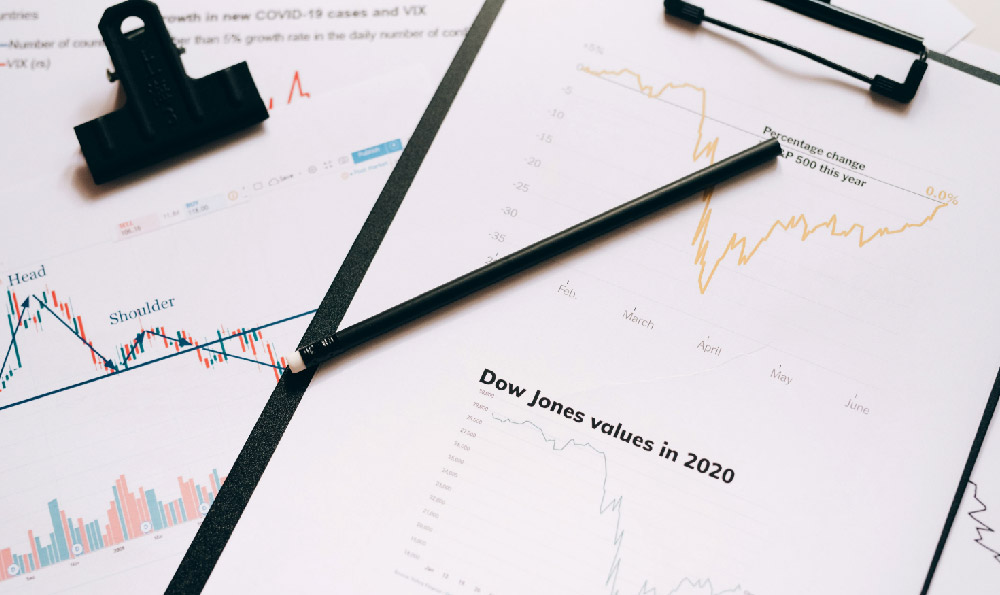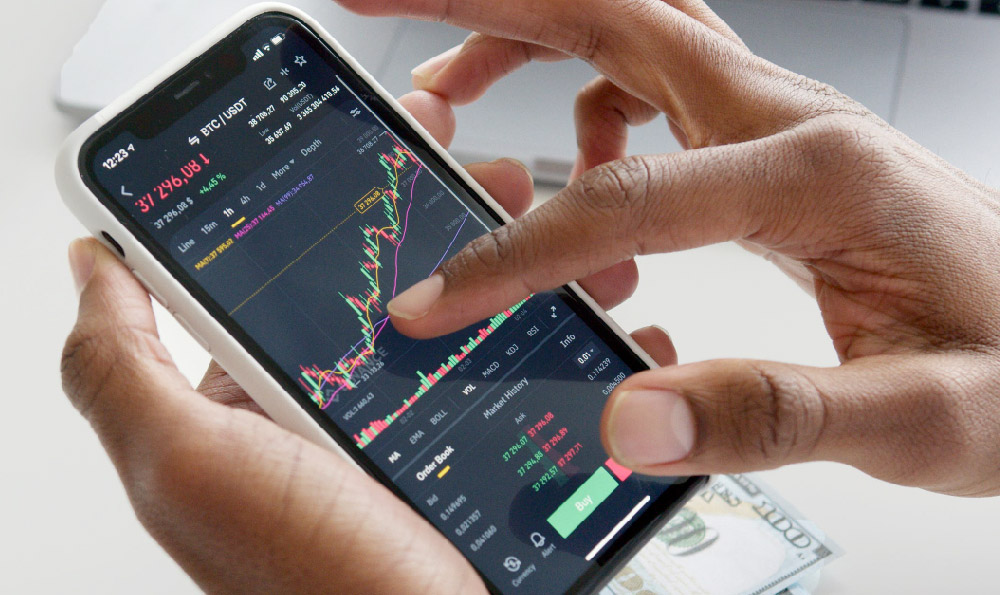Is CoinMarketCap Accurate? What About Binance's Reliability?
Here's an article addressing the accuracy of CoinMarketCap and the reliability of Binance:
Navigating the Crypto Seas: Accuracy Concerns with CoinMarketCap and Reliability Checks on Binance
The cryptocurrency market, a digital ocean teeming with both promise and peril, demands reliable navigational tools. Two prominent platforms, CoinMarketCap and Binance, serve as crucial resources for investors and enthusiasts alike. CoinMarketCap aims to provide comprehensive data on cryptocurrencies, while Binance operates as a leading exchange for trading these digital assets. However, questions surrounding their accuracy and reliability frequently surface, requiring a closer examination to help you steer clear of potential pitfalls.
CoinMarketCap: A Lighthouse with Potential Blind Spots
CoinMarketCap (CMC) has long been considered the go-to source for tracking cryptocurrency prices, market capitalization, trading volume, and other essential metrics. Its comprehensive database and user-friendly interface have made it a staple for anyone involved in the crypto space. Yet, the platform's accuracy has been a subject of debate.

Data Aggregation and Reporting Variations: CMC primarily aggregates data from various exchanges. The accuracy of the displayed information hinges on the accuracy of the data provided by these sources. If an exchange reports inflated trading volumes or inaccurate pricing, CMC, in turn, reflects these discrepancies. While CMC employs algorithms to filter out suspicious data, identifying and rectifying all instances of manipulation remains a challenge. Different exchanges also use different methodologies for calculating prices, leading to variations in the data displayed on CoinMarketCap.
Listing Inaccuracies and Zombie Projects: Another concern revolves around the listing of cryptocurrencies with limited or no trading activity, often referred to as "zombie projects." These projects can skew overall market data and potentially mislead investors into believing that certain coins are more active or valuable than they truly are. While CMC has implemented measures to delist inactive projects, the process can be slow, and new questionable listings continue to emerge.
Ownership and Potential Bias: Binance acquired CoinMarketCap in 2020, raising concerns about potential bias. While Binance maintains that CMC operates independently, critics argue that the acquisition creates a conflict of interest. There's a risk that CMC might prioritize or favor Binance-listed tokens in its rankings or promotional activities. To address these concerns, it's crucial for users to critically evaluate the information presented on CMC and cross-reference it with other sources.
How to Mitigate Risks with CoinMarketCap:
- Cross-reference data: Don't rely solely on CoinMarketCap. Compare data with other reputable sources like CoinGecko, Messari, or directly with the exchanges you use.
- Be wary of outliers: Investigate any significant price discrepancies or unusual trading volumes.
- Research the project: Before investing in any cryptocurrency, conduct thorough research beyond the information provided on CMC. Look into the project's whitepaper, team, and community.
- Use advanced filters: Leverage CMC's filters to screen for cryptocurrencies based on specific criteria, such as trading volume or market capitalization.
Binance: A Titan with Trustworthiness on the Line
Binance, the world's largest cryptocurrency exchange by trading volume, offers a wide array of services, including spot trading, futures trading, staking, and lending. Its extensive selection of cryptocurrencies, competitive fees, and advanced trading platform have made it a favorite among traders. However, its sheer size and global reach have also attracted scrutiny and raised questions about its reliability.
Regulatory Scrutiny and Compliance Challenges: Binance has faced regulatory challenges in numerous jurisdictions, with authorities raising concerns about its compliance with anti-money laundering (AML) regulations and securities laws. These challenges have led to temporary suspensions of services in some countries and increased uncertainty about the platform's long-term stability. Navigating the complex and evolving regulatory landscape remains a key challenge for Binance.
Security Risks and Past Incidents: Cryptocurrency exchanges are prime targets for hackers, and Binance has been no exception. In the past, the exchange has experienced security breaches that resulted in the theft of users' funds. While Binance has taken steps to enhance its security measures, including implementing multi-factor authentication and cold storage solutions, the risk of future attacks remains a concern.
Transparency and User Support Concerns: Some users have reported concerns about Binance's transparency regarding its operations and its responsiveness to customer support inquiries. Delays in resolving issues or providing clear explanations can erode user trust.
How to Assess Binance's Reliability and Protect Your Funds:
- Enable two-factor authentication (2FA): This adds an extra layer of security to your account, making it more difficult for unauthorized users to access your funds.
- Use a strong password: Choose a unique and complex password that is not used for any other online accounts.
- Be wary of phishing scams: Be cautious of suspicious emails or messages that attempt to trick you into revealing your login credentials.
- Store funds offline: Consider storing a portion of your cryptocurrency holdings in a cold wallet or hardware wallet to protect them from online attacks.
- Stay informed: Keep up-to-date on Binance's regulatory developments and security updates.
- Diversify your holdings: Don't put all your eggs in one basket. Spread your investments across multiple exchanges and wallets.
Conclusion: Due Diligence is Your Best Shield
In the ever-evolving cryptocurrency market, no single source of information or platform is entirely foolproof. While CoinMarketCap and Binance offer valuable services, it's essential to approach them with a critical mindset. By cross-referencing data, conducting thorough research, and implementing robust security measures, you can navigate the crypto seas with greater confidence and mitigate the risks associated with these platforms. Remember, due diligence and a healthy dose of skepticism are your best shields in the world of cryptocurrency.















